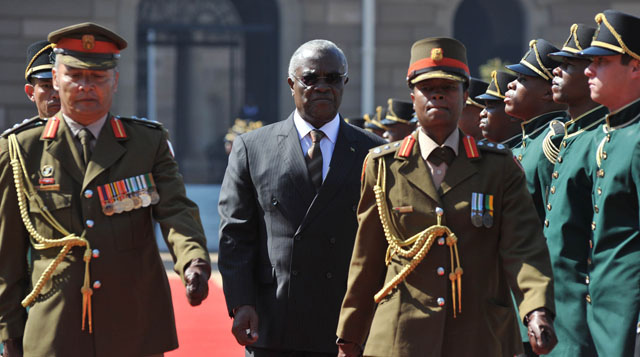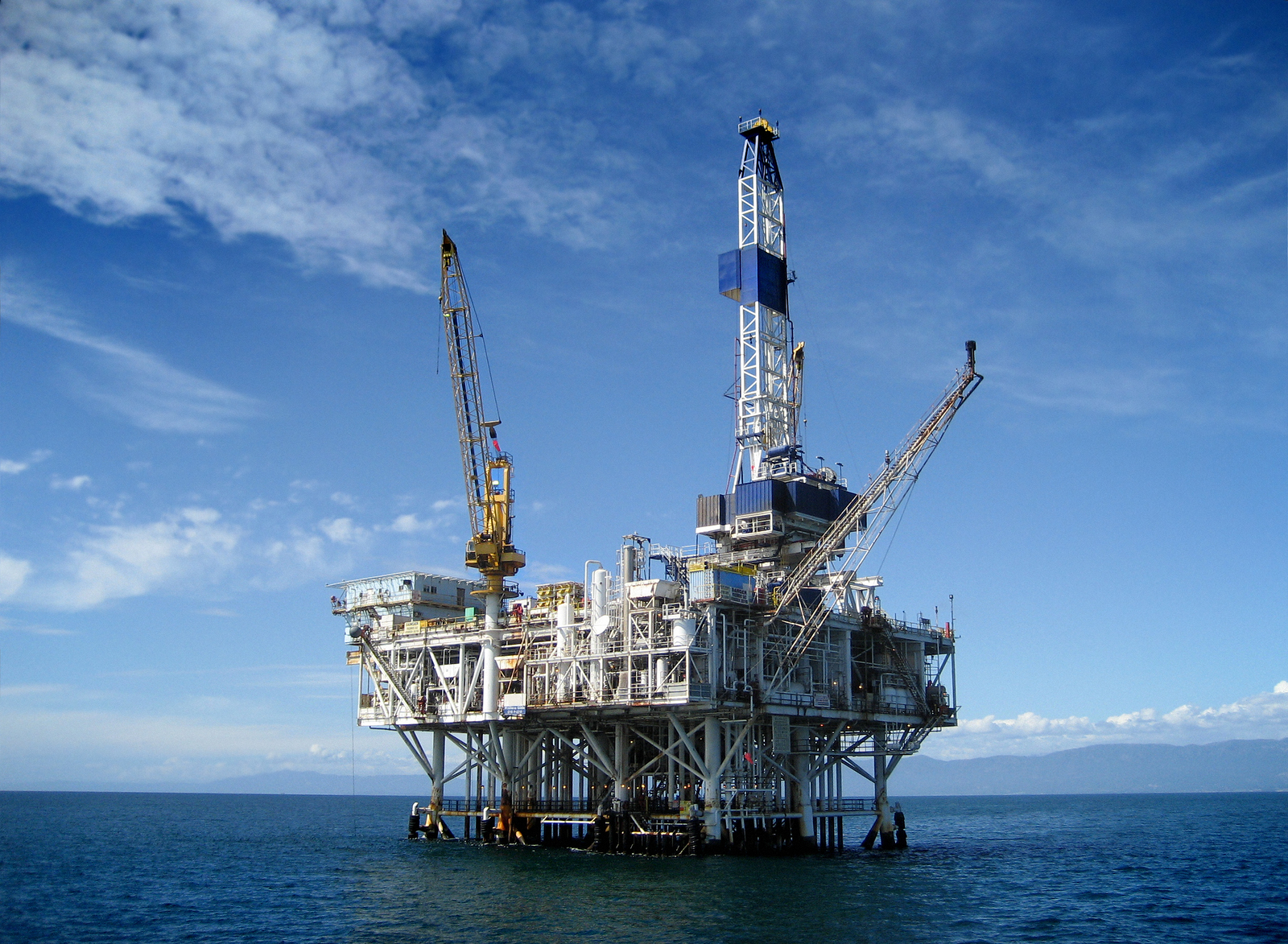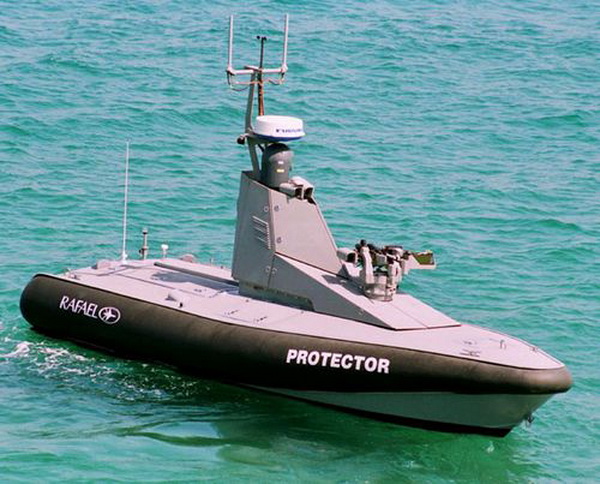As various international actors step up efforts to address piracy in the Gulf of Guinea, the political situation of a little-known island nation threatens to set back this process. São Tomé and Príncipe, a collection of islands located at a strategically vital point along international shipping routes through the Gulf of Guinea, has experienced a number of military coups since gaining independence from Portugal in 1975. The military briefly seized power from President Miguel Trovoada in 1995, while the presidency of Fradique de Menezes was interrupted by another military coup in 2003.
“A pirate sanctuary at the eastern end of the Gulf would endanger oil shipments from Nigeria and Equatorial Guinea to Europe, badly impacting the economic development of West and Central Africa.”
Now there are concerns that elements of the Santoméan military may attempt to remove the current head of state, President Manuel Pinto da Costa. In early February, 300 soldiers went on strike to protest rising prices, demanding higher pay and better housing from the government. As President da Costa prepared to depart on a state visit to the Republic of the Congo on 10 February 2014, his presidential guard refused to report for duty at the airport, leaving him without security aside from a Congolese detail provided upon arrival in Brazzaville.
Although da Costa has attempted to downplay concerns of a coup, portraying the strike as a protest about general economic grievances, discontent within the military could rapidly be directed toward the President specifically. Manuel Pinto da Costa previously governed São Tomé as its president from 1975 to 1991, when the country was under one-party rule. Despite claims of retiring from politics altogether in 1991, da Costa returned as an independent candidate in 2011, narrowly defeating Evaristo de Carvalho, Speaker of the unicameral National Assembly at the time and a former Prime Minister. Having spent nearly 19 years in the presidency, da Costa is a prime target and dissenting soldiers might be wondering whether economic conditions would be better under Carvalho or a military junta.

Any instability within São Tomé and Príncipe should be cause for concern. The country’s main island is located less than 500 kilometres from Port Harcourt, a vital export hub for the Nigerian oil industry, though many of the country’s smaller islands are located closer still. Equatorial Guinea is even closer – São Tomé is roughly 370 kilometres away from that oil rich Central African country’s main ports. As the Nigerian Navy cracks down on piracy in its part of the Gulf of Guinea, pirate crews are seeking waters elsewhere to prey on shipping. To some extent, they have moved further west to the coasts of Benin and Togo, but ambitious groups could see São Tomé and Príncipe as a viable base of operations if the islands were to descend into civil war. A pirate sanctuary at the eastern end of the Gulf would endanger oil shipments from Nigeria and Equatorial Guinea to Europe, badly impacting the economic development of West and Central Africa.
Though this is certainly a worst case scenario, regional actors must be prepared to take preventive action. The transfer of financial aid and the deployment of a small military force from elsewhere in the region could help maintain stability in the short term. However, the nationality of the troops in such a hypothetical stabilization force is an important question. While Angola would seem to be an appropriate source of troops, the prospect of Angolan intervention has enflamed tensions in some countries and heightened nativist sentiments, such as was experienced in troubled Guinea-Bissau in 2012. As the other member states of the Economic Community of Central African States (ECCAS) do not have the resources to either provide troops or transport them to São Tomé, another option might be for the member states of the nearby Economic Community of West African States (ECOWAS) to make a contribution. Cape Verdean troops, brought to São Tomé with the possible assistance of Portuguese airlift could help to ease tensions and at the same time avoid the pitfalls an Angolan force could encounter.
But it will be challenging to generate the needed political will in both Cape Verde and Portugal. As such, the shipping industry will be casting a wary eye toward this island outpost in the Gulf of Guinea, wondering how freely their freight will flow in the coming years.




